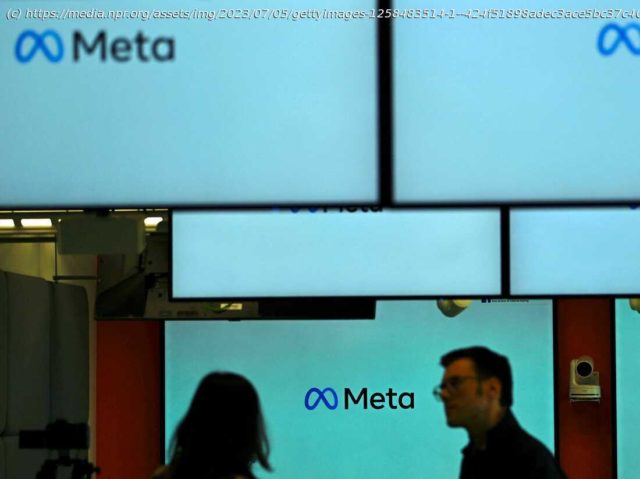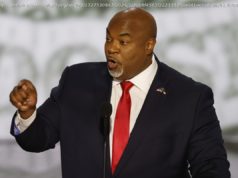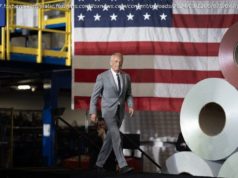Under a judge’s new ruling, much of the federal government is now barred from working with social media companies to address removing any content that might contain « protected free speech. »
The government’s ability to fight disinformation online has suffered a legal setback that experts say will have a chilling effect on communications between federal agencies and social media companies.
A Tuesday ruling by a federal district judge in Louisiana could have far-reaching consequences for the government’s ability to work with Facebook and other social media giants to address false and misleading claims about COVID, vaccines, voting, and other issues that could undermine public health and erode confidence in election results.
District Court Judge Terry Doughty, who was appointed by President Donald Trump, issued a preliminary injunction that bars several federal departments and agencies from various interactions with social media companies. What is this lawsuit about?
The case, brought by the Republican attorneys general of Missouri and Louisiana, addresses what has become a highly contested subject: the demands by some conservatives for « free speech » on social media platforms, versus the desire to rein in misinformation and disinformation that could lead to real-world harm.
The AGs’ argument ties into a larger Republican narrative that conservatives are being censored on social media for their views. Democrats have faulted the platforms for not doing enough to police misleading and false claims, hate speech, and incitement to violence.
« It’s hard to think of a more sweeping ruling, » says Evelyn Douek, an expert on the regulation of online speech and a professor at Stanford Law School.
« The injunction enjoins tens of thousands, maybe hundred [of] thousands of federal government employees from having almost any kind of communication with private platforms about content on their services, » Douek tells NPR. She notes that while there are exceptions for certain types of criminal content, overall, the « clear message is to have this sort of chilling effect on communication between the government and platforms. »What does the judge’s ruling say?
Doughty issued a temporary injunction blocking agencies including the departments of Justice, Health and Human Services, and State, the Centers for Disease Control and Prevention, the FBI and many individual government officials from doing things like notifying platforms about specific posts that may be against their own rules or asking for information about content moderation efforts.
The ruling provides exceptions for the government to inform social media companies about posts involving criminal activity, national security threats, and foreign interference in elections.
There are also a couple of pretty broad exceptions: Exercising « permissible public government speech promoting government policies or views on matters of public concern » is permitted, as is interacting with social media companies about posts that are not protected free speech.
The injunction bans interactions such as « meeting with social-media companies for the purpose of urging, encouraging, pressuring, or inducing in any manner the removal, deletion, suppression, or reduction of content containing protected free speech posted on social-media platforms ».
Home
United States
USA — mix U.S. is barred from combating disinformation on social media. Here's what it...






